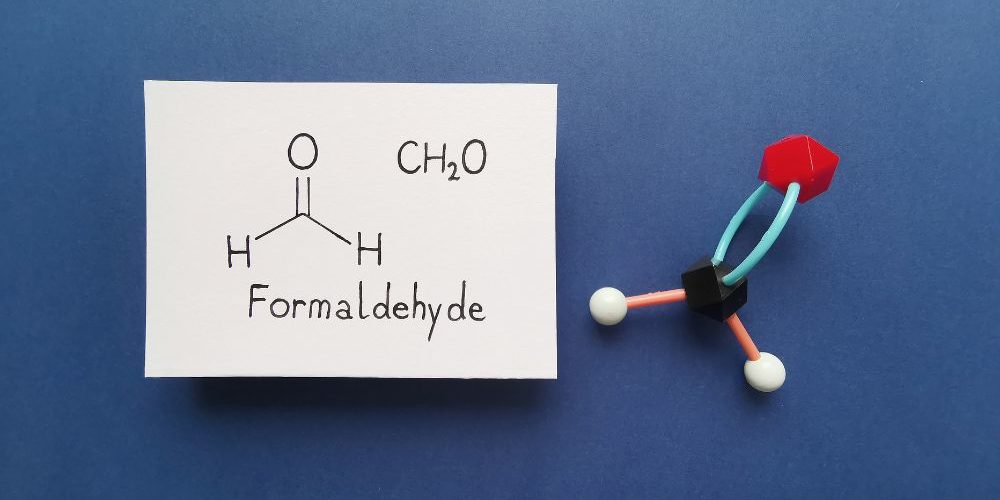Chemistry is a fun science. It allows scientists to prove and discover different hypotheses and learn more about the world. One question to answer is how formaldehyde reacts with amino acids. The following blog post will uncover the answer to this question.
Formaldehyde
Formaldehyde (HCHO) is an incredibly reactive compound and can be found in intercellular tissue, cells, and blood. A human with above threshold levels of HCHO may experience dermatitis, pain, and nausea.
This potent electrophile can respond with biological nucleophiles in DNA and protein. Formaldehyde impacts cellular functions in diseases and health. We need to define HCHOs reactions with biomolecules to understand them better.
A study on Nature.com concludes that formaldehyde reacts differently to amino acids, depending on various factors and conditions. HCHO reacts quicker and forms stable products compared to the other biologically related aldehydes/ketones.
Amino Acids
What are amino acids? They are the building block molecules that combine to form proteins. Amino acids are what’s left when our bodies break down and digest proteins. They help our bodies grow, break down food, perform other body functions, and repair body tissue.
There are three categories of amino acids: conditional, essential, and nonessential.
Conditional
These amino acids kick into high gear when the body recognizes signs of stress or illness. The conditional amino acids include tyrosine, proline, serine, cysteine, arginine, and ornithine.
Essential
To receive essential amino acids, you need to eat foods containing them because our bodies are unable to make them. The nine essential amino acids are:
- Tryptophan
- Valine
- Methionine
- Histidine
- Isoleucine
- Threonine
- Phenylalanine
- Leucine
- Lysine
Nonessential
Our bodies can produce nonessential amino acids, so we don’t have to eat specific foods to get them. The nonessential amino acids include serine, glutamic acid, alanine, asparagine, tyrosine, glutamine, proline, arginine, and glycine.
Things To Remember
According to the Journal of Analytical Toxicology, formaldehyde may modify the functions of powerful enzymes when it reacts with amino acids. When amino acids and HCHO collide, they form covalent structures.
Capital Resin is a top formaldehyde manufacturer. We specialize in formaldehyde production and other industrial chemicals and resins. Take time to browse our website to see how we can help you.







